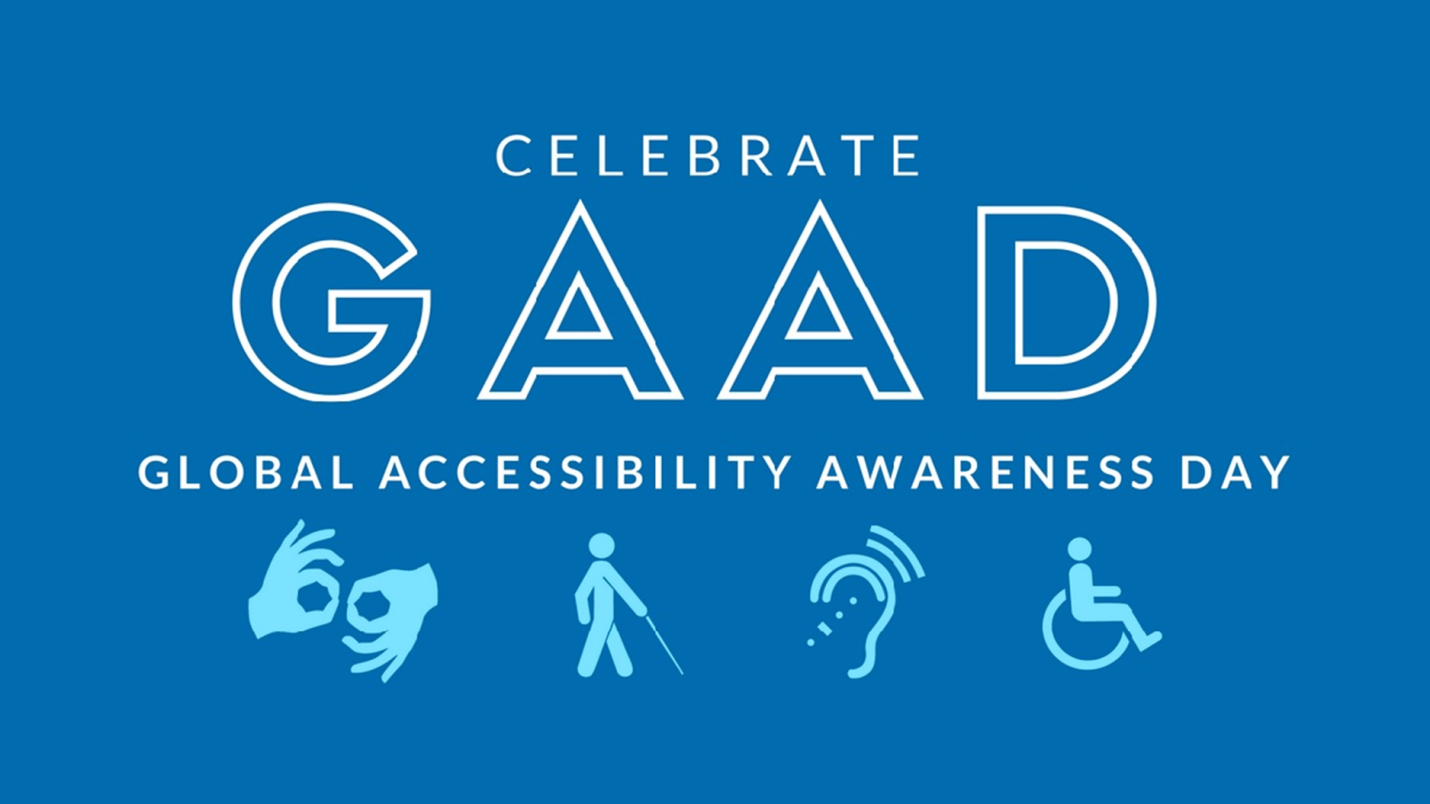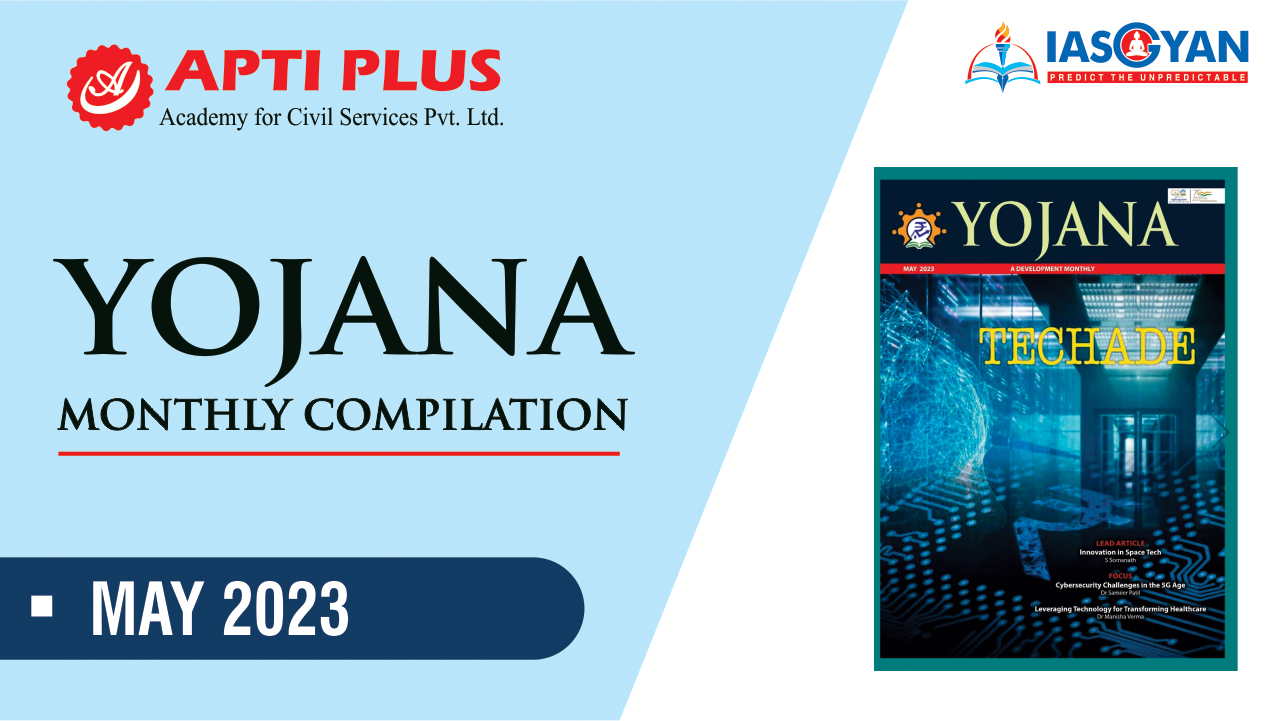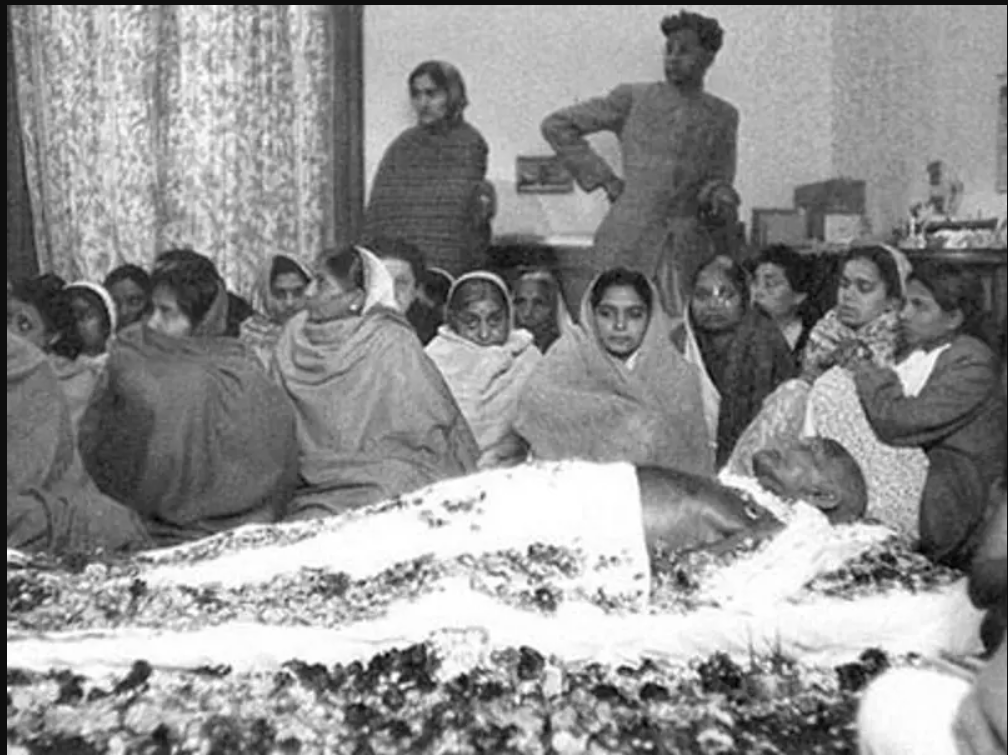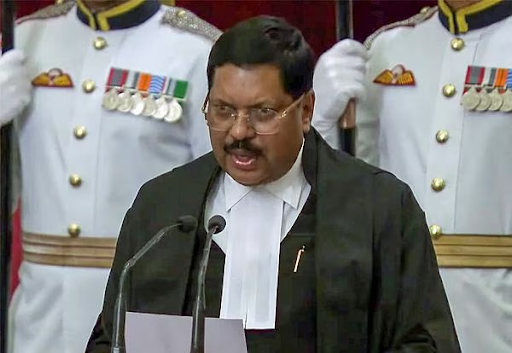Description

Copyright infringement not intended
Context: On May 18, 2023, the Department of Empowerment of Persons with Disabilities (DEPwD), Ministry of Social Justice and Empowerment celebrated Global Accessibility Awareness Day (GAAD), with the vision of creating an inclusive society in which equal opportunities for growth and development of Persons with Disabilities are provided so that they can lead productive, safe, and dignified lives.
Details
- GAAD is a national-level celebration that intends to bring together all relevant stakeholders across multiple locations in India to share knowledge, experiences, views, and ideas, as well as discuss the latest developments and trends in the field of digital and technological accessibility.
- The event promotes mutual trust and interoperability among institutions in response to the needs of people with disabilities, as well as the exchange of best practices.
Global Accessibility Awareness Day (GAAD)
- It is a day to raise awareness and promote digital accessibility and inclusion for people with disabilities.
- It is marked annually on the third Thursday of May.
- It was launched in 2012 by Joe Devon and Jennison Asuncion, two web developers who wanted to encourage the design of more accessible websites and apps. Since then, GAAD has grown into a global movement that involves various events, activities and initiatives across the world.
Why is digital accessibility important?
- Digital accessibility means that everyone, regardless of their abilities or impairments, can access and use information and communication technologies (ICTs) such as websites, apps, software, hardware and digital content.
- It also means that ICTs are designed and developed in a way that considers the diverse needs and preferences of users, especially those with disabilities.
- Digital accessibility is not only a human right, but also a social and economic benefit. According to the World Health Organization (WHO), there are more than one billion people with disabilities globally, representing about 15% of the world's population. These people face various barriers and challenges in accessing and using ICTs, such as:
- Lack of compatibility with assistive technologies
- Poor design and usability
- Inaccessible formats and content
- Discrimination and stigma
- These barriers limit their opportunities for education, employment, health care, social participation and empowerment.

By making ICTs more accessible and inclusive, we can:
- Improve the lives of people with disabilities
- Create a more equitable and diverse society
- Tap into the potential of a large and untapped market segment
- Enhance innovation and creativity
- Comply with legal and ethical standards
Must Read Articles:
Rights of Persons with Disabilities Act 2016: https://www.iasgyan.in/daily-current-affairs/rights-of-persons-with-disabilities-act-2016
Accessible India Campaign: https://www.iasgyan.in/daily-current-affairs/sugamya-bharat-abhiyan
https://pib.gov.in/PressReleasePage.aspx?PRID=1924890














